Paul James and Bo Diddley
Toronto-based blues guitarist Paul James couldn’t face the reality he was turning 50 years old. Refusing to acknowledge this historical benchmark of his life, James stayed at home and failed to even consider celebrating the occasion.
“I was so not into celebrating that birthday,” noted James over the phone. “You are talking about a guy who was 29 for 10 years! But when I reached 51 I felt I should have done something special so I decided to stage a 50th anniversary bash on my 51st birthday.”
Staged at the old Healey’s club, with Jeff Healey himself sharing the stage, James’ `50th party was such a success that, Randy Charlton, who was booking the venue, felt James’ concert should be an annual event. As James prepares to celebrate his 64th birthday on Saturday January 17th at The Phoenix Club (his actual birthday is January 18th), James reflected on how he is still maintaining his career which culminates annually with his birthday bash.
“That first party proved to be one of the best nights that club had ever had, “enthused James so the following year, we moved the event over to the new Healey’s club and kept it going until Jeff died. Then when the club folded after his death, Charlton suggested we moved the party over to The Sound Academy. They had the same chairs and tables from Healey’s so there was a subtle connection going on.”[quote]You are talking about a guy who was 29 for 10 years![/quote]
For a guy who’s supported the likes of Bo Diddley, Bob Dylan, Mink DeVille, John Hammond, Lightning Hopkins, Sunnyland Slim and Dr. John, Paul James should be recognized as one of this country’s musical treasures, yet in a career spanning some 45 years, James has operated under the commercial radar while remaining true to his blues guitar roots.
In all of this time, James has only recorded four albums that are still accessible on CD; his 1984 `Almost Crazy Blues’, `Paul’s Acoustic Blues’, recorded in 1990, his `La Vie en Bleu’ covers homage in 2003 and his last release titled ‘Lost In The Blues’ in 2007. “I am more of a live performer than a studio guy,” acknowledged James. “But I do have about two or three album’s worth of material in me. I am not in any super rush to record them but I should at some point find a production company to release my new material.”
A blues guitar fan ever since discovering The Rolling Stones’ debut “England’s New Hit Makers” 1964 release, James was intrigued by the Stones’ devotion to U.S blues originators like Willie Dixon, Jimmy Reed, Rufus Thomas, Chuck Berry and on future albums; Muddy Waters and Bo Diddley. “That music became part of my DNA,” noted James. “I was fascinated by the songs the Stones were covering and I wanted to do the same but pick other obscure songs that people weren’t familiar with. People were asking me “Who the hell is this Muddy Waters? So I bought a copy of `The Best Of Muddy Waters’ and started playing his songs”

Originally going by his real name; Paul Vigna, he decided to rename himself Paul James and form his own band, after his original group Lick ‘n Stick fell afoul of the disco era. “We were formed Lick n tick in 1971 and signed to Columbia in 1976. Initially through the mid-Sevenites, we did really well, playing in the clubs constantly around Ontario but then the disco craze hit and Columbia wanted us to start playing disco music,” noted James. “There was no way I was going to compromise our blues-based music playing disco so Columbia dropped us. I guess because I wouldn’t compromise, we were tagged as being difficult and the other band members eventually fell away leaving me to form the Paul James Band”.
James’ reputation of being a player was endorsed when supported Bo Diddley during a two-week engagement at Toronto’s El Mocambo. “Bo Diddley became my friend and my mentor. Playing with him for two weeks, I was able to study what a showman Bo Diddley was and how he was continually writing new songs and constantly changing the words to songs he had already written. He showed me that I had to step up my game and try a lot harder to be a better performer.”
Encouraged by Bo Diddley and John P Hammond, son of famed producer/artist John Hammond, (whose credits included discovering Bob Dylan, Aretha Franklin and Bruce Springsteen), James began developing his own stage persona but the lack of a major recording contract continued to elude him. “I’d see guys like George Thorogood having a hit with Bo Diddley’s “Who Do You Love” and I’d think to myself, `why is that not happening to me. Being independent and not having a manager or a major record company obviously didn’t help my cause, but after what had happened to me at Columbia, I still felt it was beneficially for me to go it alone.”
James’ next major break came when Mink DeVille came to Toronto to play a six-date stint at the Edge in 1981. “Punk rock had taken over from Disco and although I can’t say I liked the music, I did like the energy those bands put out and out of that came the new wave movement and Mink DeVille was one of those bands I really liked,” observed James. “I went to see him every night at the Edge, never got to meet him but I guess the word got back to him of my interest and when he came back to play a one-night gig at the El Mocambo his wife phoned me and asked if I wanted to come down and meet him.”
“Unfortunately, I had another gig in town that night but after my show, I accepted his invitation to go to his hotel room at the Westbury and we played acoustic guitar all night,” James reflected. “Willie was impressed enough that he invited me to go to New York and play on his next single, a cover of Ben E King’s “Stand By Me” and sure enough, two months later I got the call to go to New York and play on the record.”
DeVille was so impressed with James’ contribution at New York’s famed Power Station studios that he extended an invitation for James to play in his band during a two-month European tour covering 12 countries. James crashed out on DeVille’s sofa for three weeks while he crammed for the tour. The highlights for James being an appearance at the 1982 Montreux Jazz Festival, which was recorded for posterity and a meeting with the Rolling Stones who were also, fans of Mink DeVille. “I got to tell Keith Richards how much his band meant to me and how they had turned me on to the blues with that first album of theirs.”
James returned from the tour with a new `DeVille’ inspired look and stage presence and a desire to record that first Paul James’ Group album; his 1984 `Almost Crazy Blues’, a title he changed to `Lazy Crazy Blues in 1999. “Before I went on tour with Mink DeVille, I couldn’t get arrested by the media, but upon my return, Jeanne Beker from Toronto’s New Music became a big fan and we were getting all sorts of college radio on my record – but because I had no major label, we got virtually no mainstream airplay.”
It was a situation that has haunted James throughout his career. He has maintained a tight connection with major stars like Bob Dylan and Bo Diddley, and in Canada with Jeff Healey and Colin James. Yet while all of these artists became established recording acts, James remained staunchly independent. Strange when you consider James was revered enough by these artists that the likes of Bob Dylan actually backed James up during a 1986 nightclub appearance at Toronto’s Nags Head North.
“Once I worked a wireless guitar into my act, I would walk through the crowd, walk up to the bar, order a beer, while still playing the guitar one handed, then I would chug down the beer and use the empty beer bottle as a slide,” informed James. “So I’m doing this at the Nags Head North and when I get to the bar, I recognize Bob Dylan standing in front of me. I had a quick chat with him backstage and he agreed to come on stage and play. I said, `which of your songs do you want to play, I know a lot of them’. `He said, `No, let’s play some of yours.’ He didn’t want me to reveal his identity so I introduced him as `Some hitchhiker from Vancouver’ and he played with us for like two hours.”[quote]Once I worked a wireless guitar into my act, I would walk through the crowd, walk up to the bar, order a beer, while still playing the guitar one handed…[/quote]
Dylan reciprocated the gesture by inviting James to perform with him in 1999 at Buffalo’s Midland Arena and during his performance at Toronto’s Kool Haus venue March 21st 2004.
James continued to play clubs throughout the country but he feels his popularity, particularly at Albert’s Hall at Toronto’s Brunswick House may have caused some friction within the blues community when his band was given a six-week residency.
“I had gone through the ranks playing all the rooms in Toronto from Hotel California to the Isabella to Albert’s Hall and the owner at the Albert’s Hall told me I was outdrawing everyone else and did I want a six-week residency at the venue that summer,” explained James. “That was like 36 paying dates when normally you were lucky if you got two or three a year at that venue.”
James was honoured with a Maple Blues Lifetime Achievement Award in 2012 and has also won a Juno award for best Roots Album in 1991 while at Stony Plain Records as well as several Toronto Rock awards and says he is happy just to be playing,, and now that the entire music industry now is basically self-serving, he doesn’t feel alone being independent. “I do everything myself, I run my website and internet, control my own records and retail them myself. Sell 20 copies, there’s my gas money for the night. I book myself but I don’t call the clubs, I let them call me!
So as Paul James prepares for Saturday’s gig at the Phoenix,, he has come to terms with the reality of his age but still feels the desire to keep rocking.
“I’m turning 64, I have no agent, no manager no major record company representing me but I still have my music, “concludes James. “I still have a love for that music and when I get out on that stage I still feel like I’m 29 years old again.”
[youtube width=”600″ height=”400″ video_id=”fPzNE6ohPwo”]

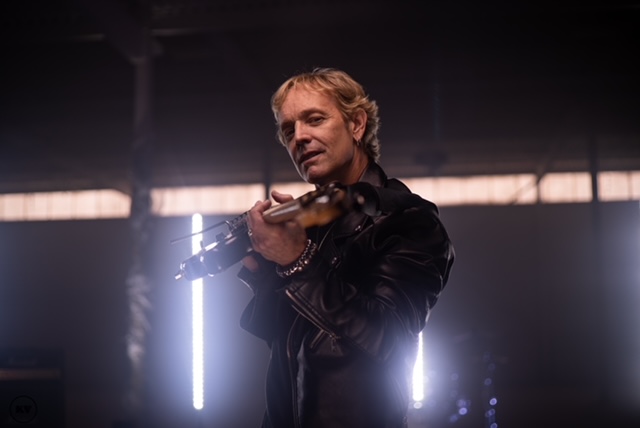
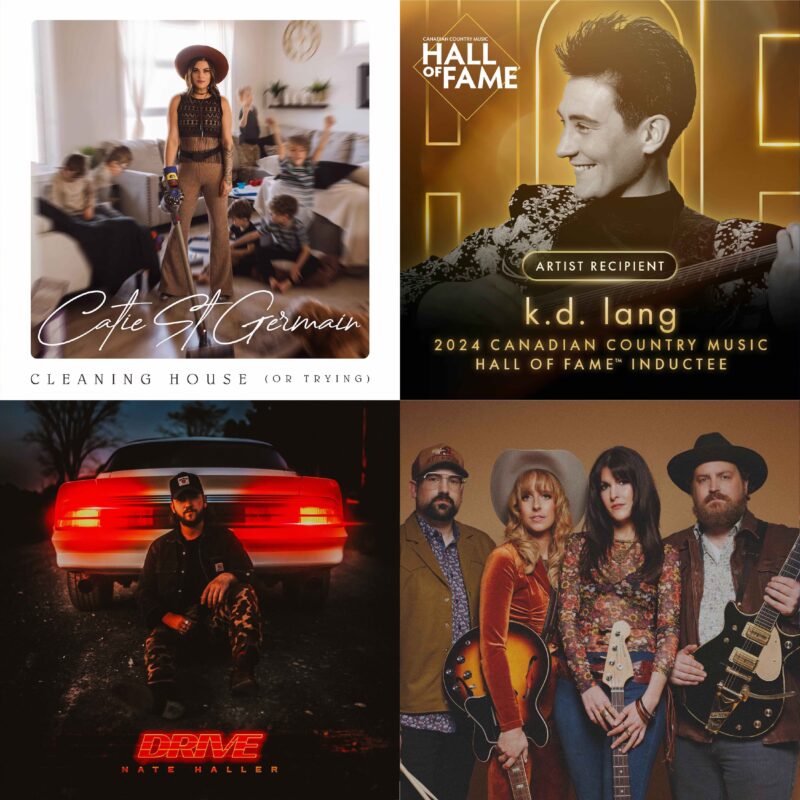

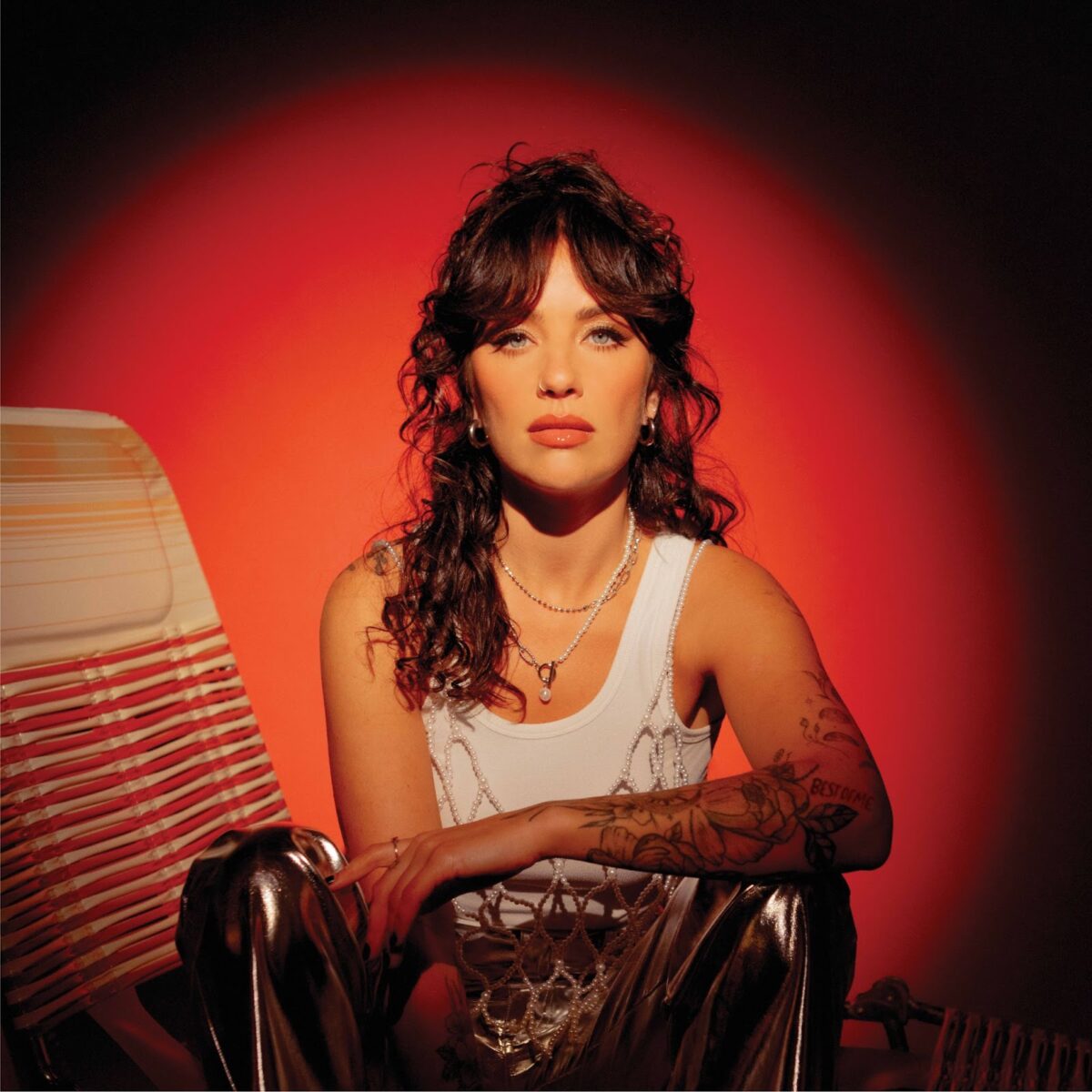

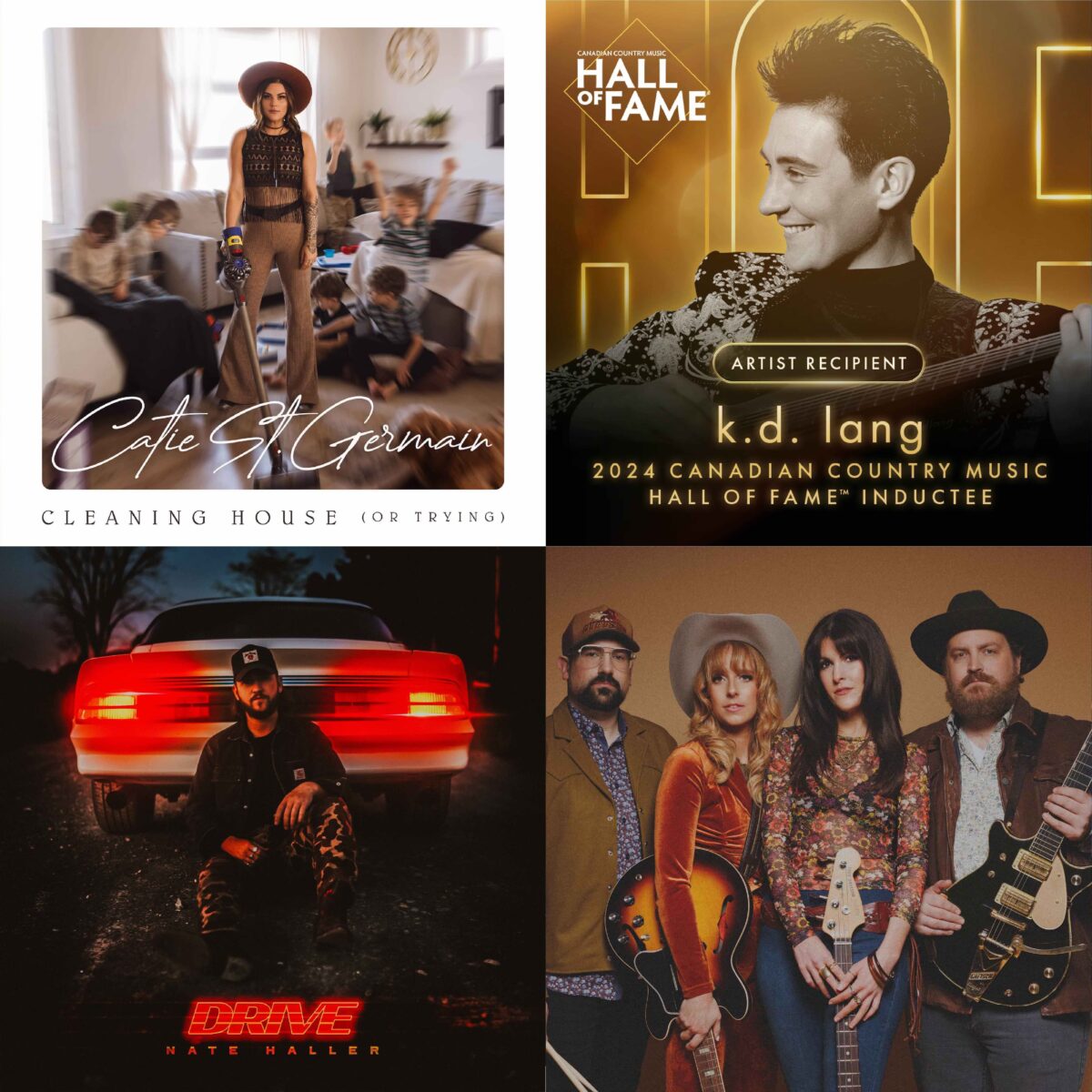
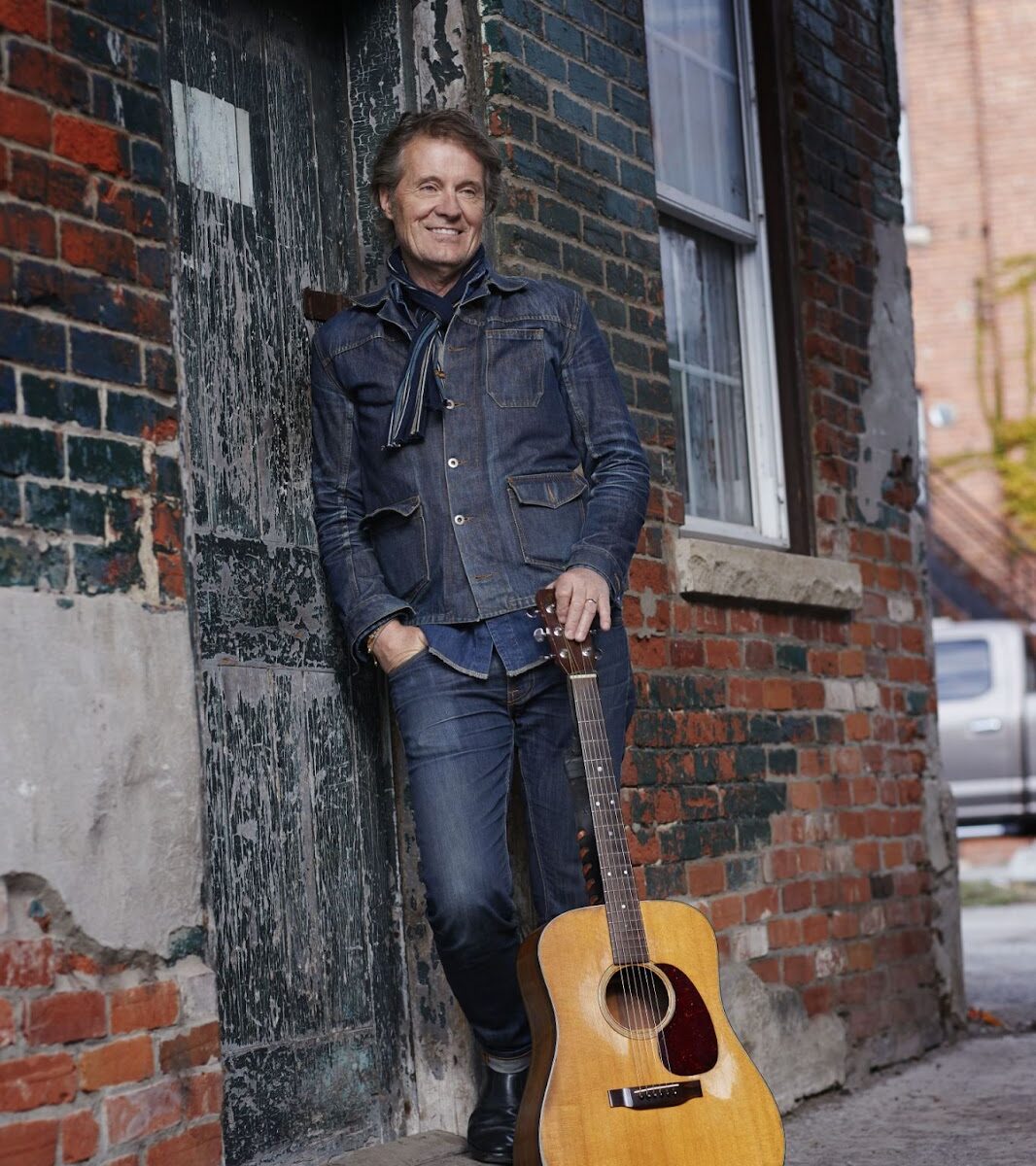

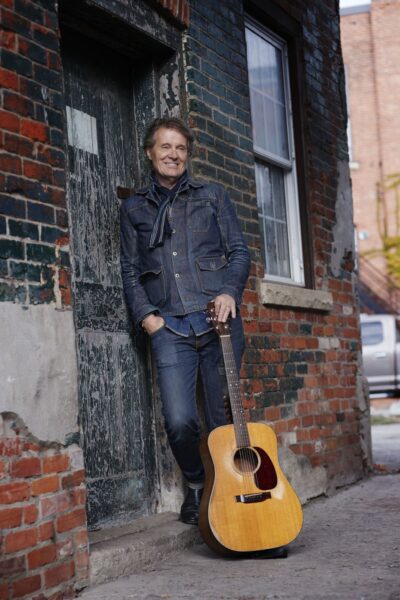

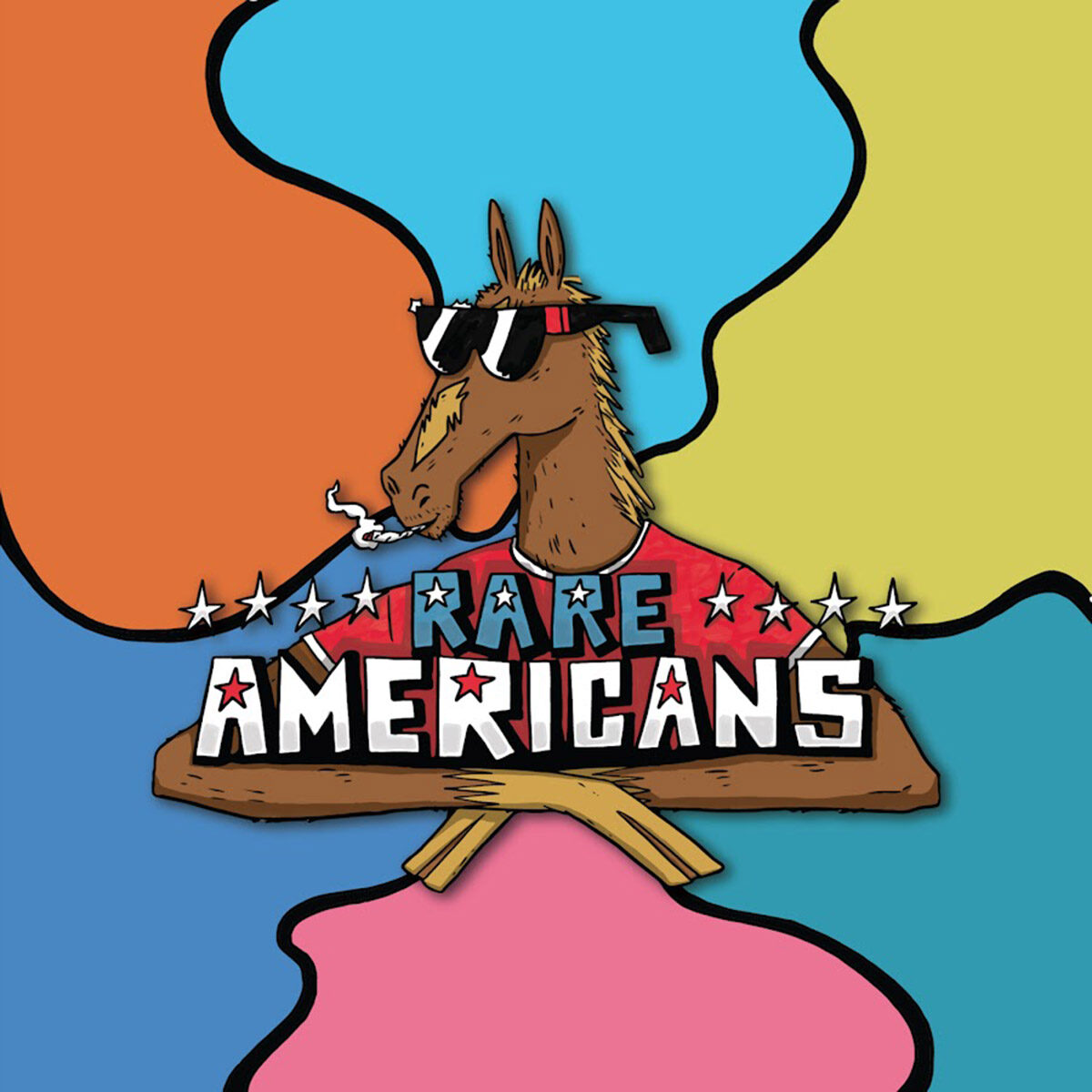

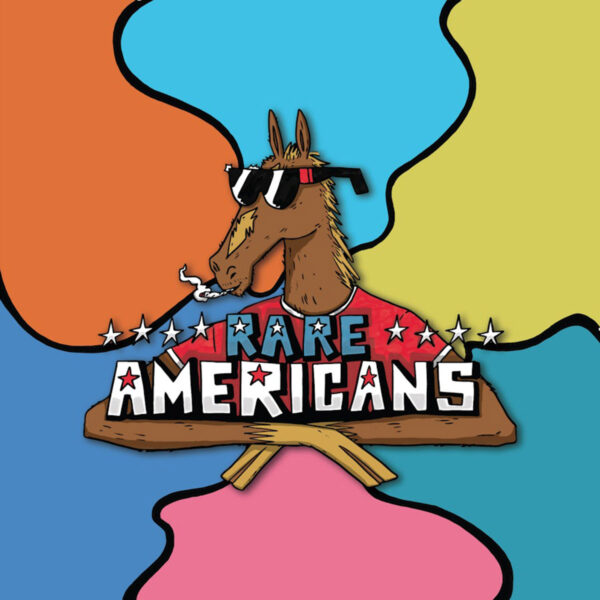
Comments are closed.